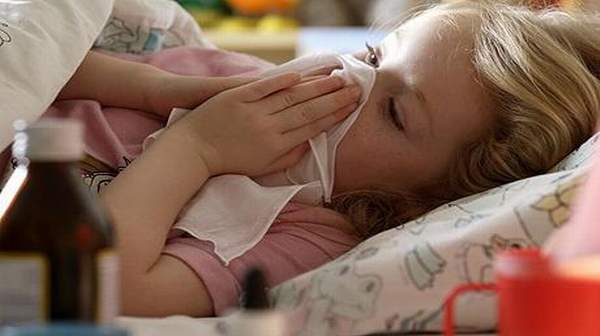What's in this article?
Wheezing
Wheezing is a high-pitched whistling sound during breathing. It occurs when air moves through narrowed breathing tubes in the lungs.
Considerations
Wheezing is a sign that a person may be having breathing problems. The sound of wheezing is most obvious when breathing out (exhaling). It may also be heard when breathing in (inhaling).
Wheezing most often comes from the small breathing tubes (bronchial tubes) deep in the lungs. But it may be due to a blockage in larger airways or in persons with certain vocal cord problems.
Causes of Wheezing
According to the Mayo Clinic, asthma is the most common cause of wheezing. (Mayo Clinic). However, there are many other potential causes for wheezing. Before you can stop your wheeze, your doctor must first determine its cause.
Wheezing may also be an indication of:
- chronic obstructive pulmonary disease (COPD)
- emphysema
- gastroesophageal reflux disease (GERD)
- heart failure
- lung cancer
- sleep apnea
- vocal cord dysfunction
Wheezing may be triggered by short-term illnesses or health emergencies. These include:
- allergic reaction (anaphylaxis)
- bronchiolitis
- bronchitis
- inhaling a foreign object
- pneumonia
- reaction to smoking
- respiratory tract infection
Causes shown here are commonly associated with this symptom. Work with your doctor or other health care professional for an accurate diagnosis.
What are the symptoms of wheezing?
The symptoms of wheezing include a musical or whistling sound and laboured breathing, particularly when exhaling; sometimes accompanied by a feeling of tightening in the chest. You can hear wheezing more loudly if you plug your ears and exhale rapidly, or by using a stethoscope held at the neck or over the lungs. On the other hand, stridor is a wheezing sound heard during inhalation, and usually caused by narrowing of the windpipe or vocal cords (in the neck).
How can I tell whether my child is wheezing or just stuffed up?
Many pre-schoolers may experience wheeze.
Many of them turn out to be what’s called “transient early wheezers” and the symptoms settle down by around 3 years old.
However wheeze in early childhood may also predict asthma in later life.
If a child is wheezing, and there are no obvious causes, such as a cold, seek medical advice.
Wheeze with breathing difficulty
Breathing difficulty can mean breathlessness, fast breathing or difficulty getting your breath. If you have any breathing difficulty and do not already have clear instruction as to what to do then see a doctor immediately. (Some people with asthma have pre-arranged action plans as agreed with their doctor. For example, if they have wheeze and become breathless then they have a plan of which medication to take. However, if you do not have such a plan and become breathless, you need to see a doctor immediately. In particular, children with any breathing difficulty need to be seen as soon as possible by a doctor.)
Home Care Treatment
Take all of your medications as directed.
Sitting in an area where there is moist, heated air may help relieve some symptoms. This can be done by running a hot shower or using a vaporizer.
Treatment for wheezing has two goals. First, airway inflammation must be controlled. Prescription anti-inflammatory medications can decrease inflammation and excess mucus in your airways. These typically come in the form of inhalers, but long-acting tablets may also be used. Syrups are used for young children.
The second step is to open up your breathing tubes with quick-acting medications. Bronchodilators are often used to treat wheezing and help relieve your cough. They work by relaxing the smooth muscles that encircle your breathing tubes. Your doctor might recommend both anti-inflammatory and quick-acting medications if the wheezing is related to a long-term illness, such as COPD or asthma.
Possible Complications
Because wheezing can be caused by serious underlying conditions, it’s important to tell your doctor when you first begin to wheeze. If you avoid treatment or fail to follow your treatment plan, your wheezing could worsen and cause further complications, such as shortness of breath or an altered mental state.
Since specific complications are dependent on the underlying cause of your wheezing, it is important to follow your treatment plan and get your wheezing under control before it gets worse.





